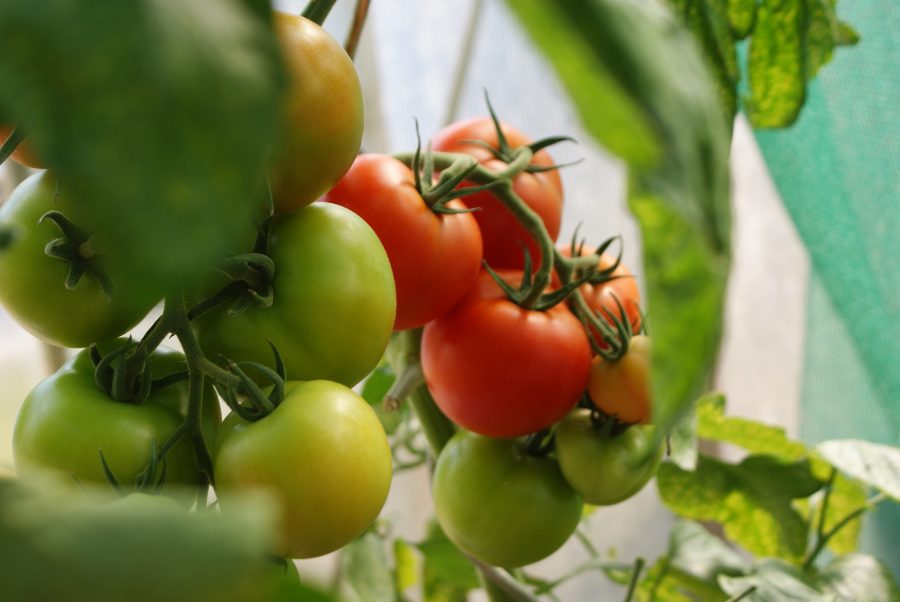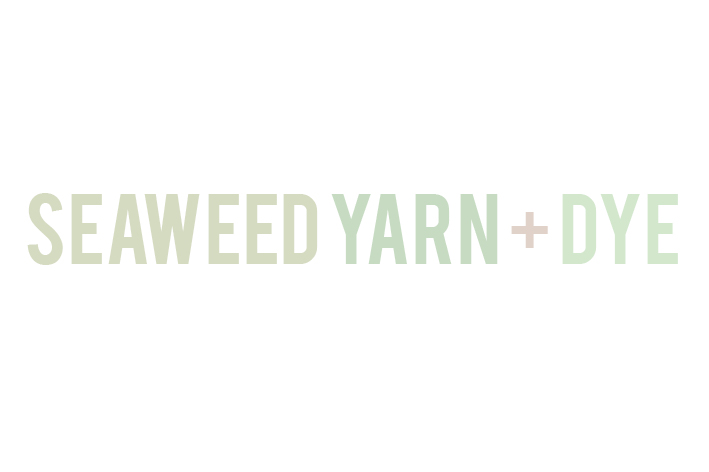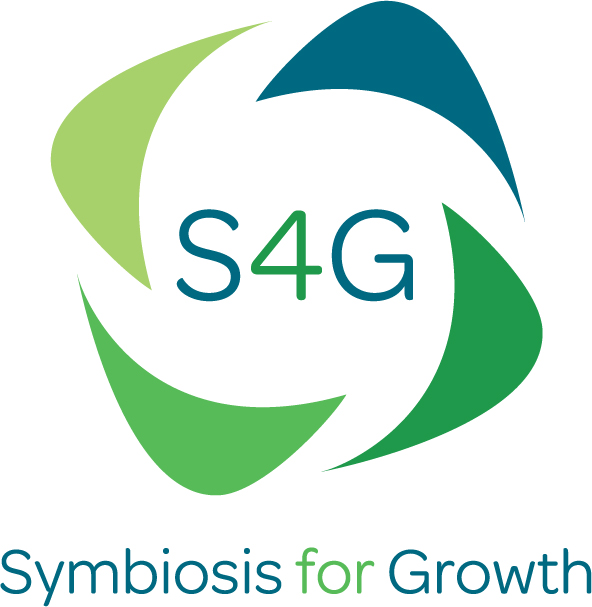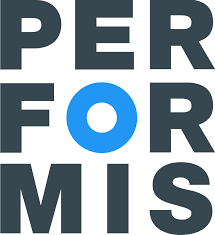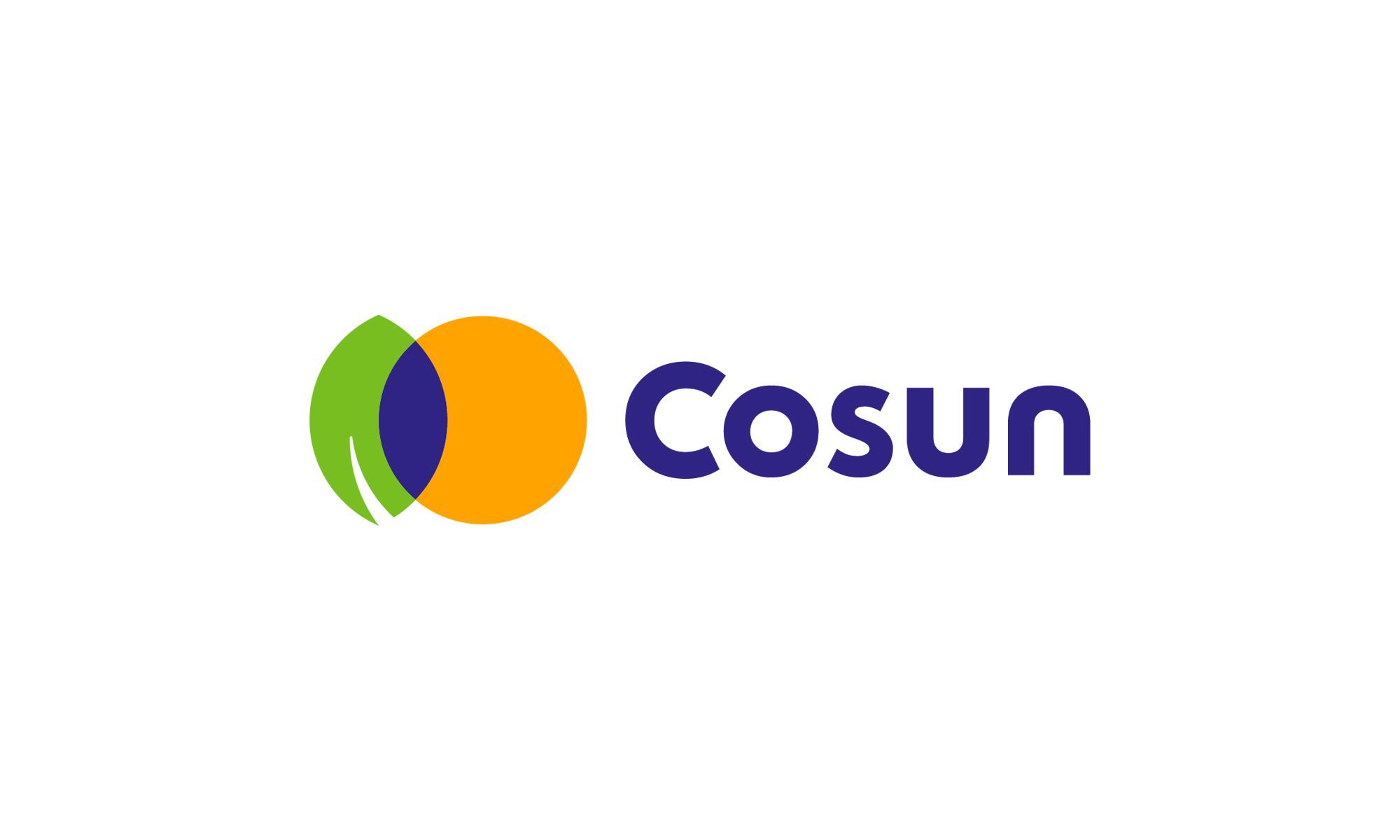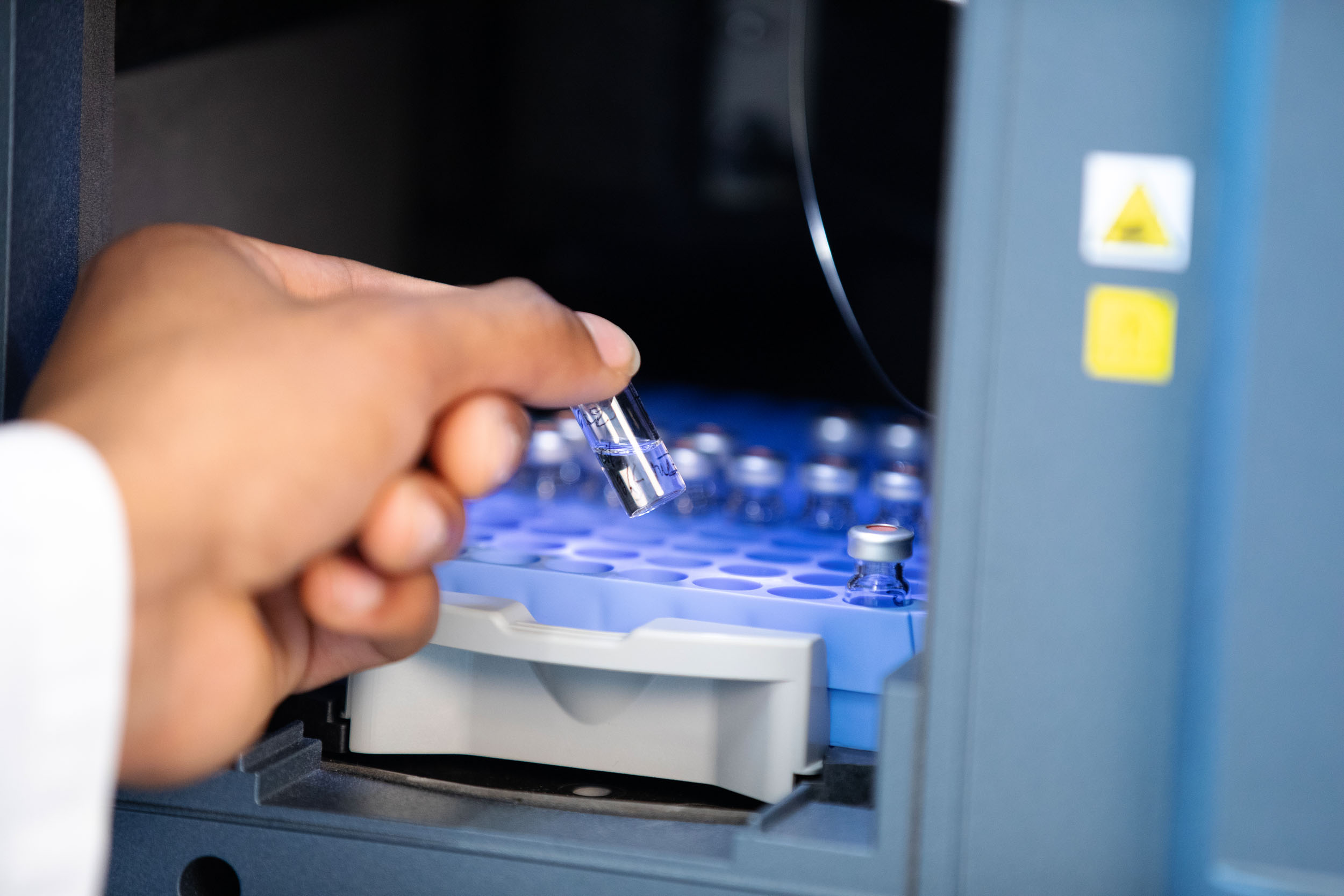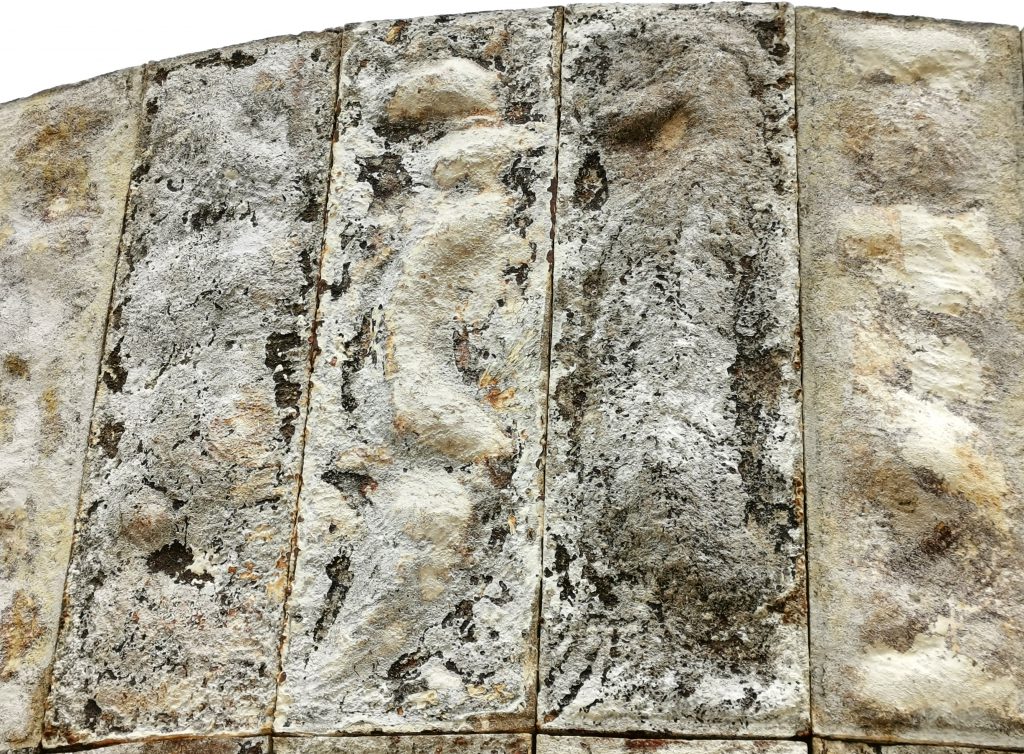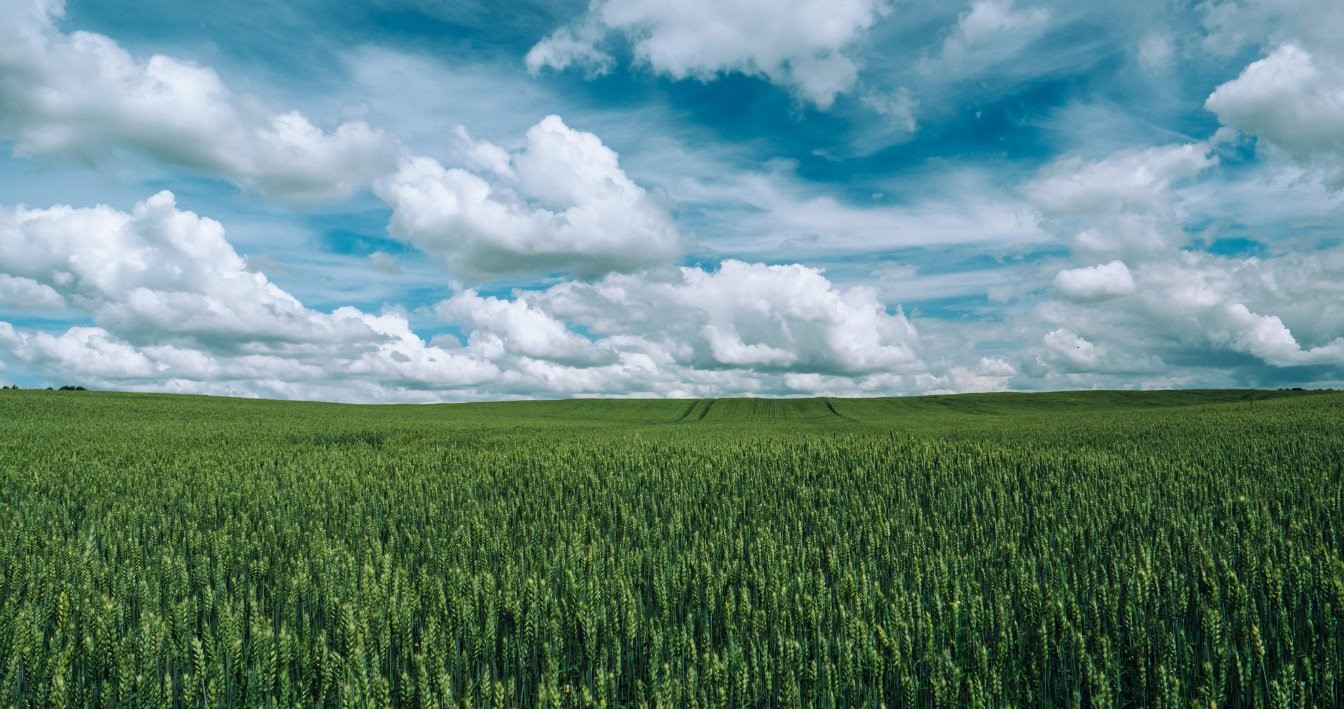Han van Kasteren, professor at CoE BBE, is satisfied with the project results.
The case: Tomato growers use crop protection products just like other gardeners. These rinse away with the drain water. The environmental requirements for these products will become stricter in the coming years and growers are also constantly looking for new ways to save money and to add value to their residual flows.
And that is where the question arises: Can we purify the “polluted” irrigation water with tomato leaves? “Certain types of enzymes have the property that they can break down crop protection agents. Last autumn we collected the tomato leaves and extracted the enzymes with a specially developed press. In the laboratory we started working on various tests. This resulted in the following conclusions: There are indeed active enzymes in tomato leaf extract. And these enzymes still work after they have been stored for a longer period, ”says Han van Kasteren.
But does the enzyme work to such an extent that the grower can use it for the purification of drain water? Unfortunately, the last point from the study could not be proven. “Because there is virtually no difference in the degree of degradation of the crop protection products between whether or not to use the tomato leaf extract.” The stability of the crop protection product appears to play an important role in this.
The project and research have now been completed but the problem has not yet been resolved. “There are enough questions to start a new investigation. For example, whether the enzyme works with more stable crop protection products and whether there are other applications. Then we would have to start a new project. And that decision has not yet been made. ”
The research was based on the study conducted by Stichting Innovatie Glastuinbouw (SIGN) into the market interest in simple enzyme extracts from greenhouse horticulture residues. SIGN works together with two SME partners, Duijvestijn Tomaten and Lans Zeeland. Together they approached CoE BBE.
20170901 until 20190831




